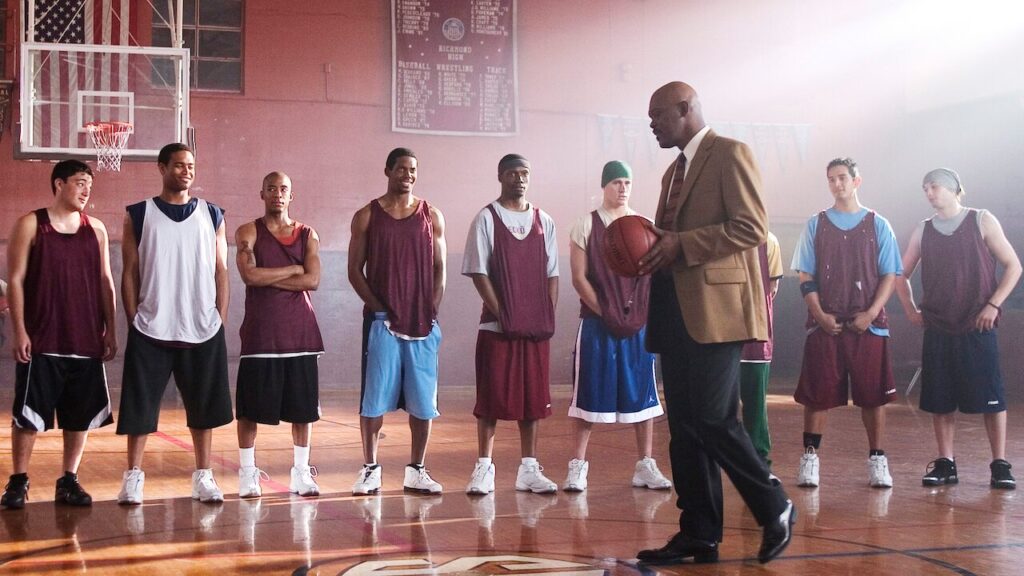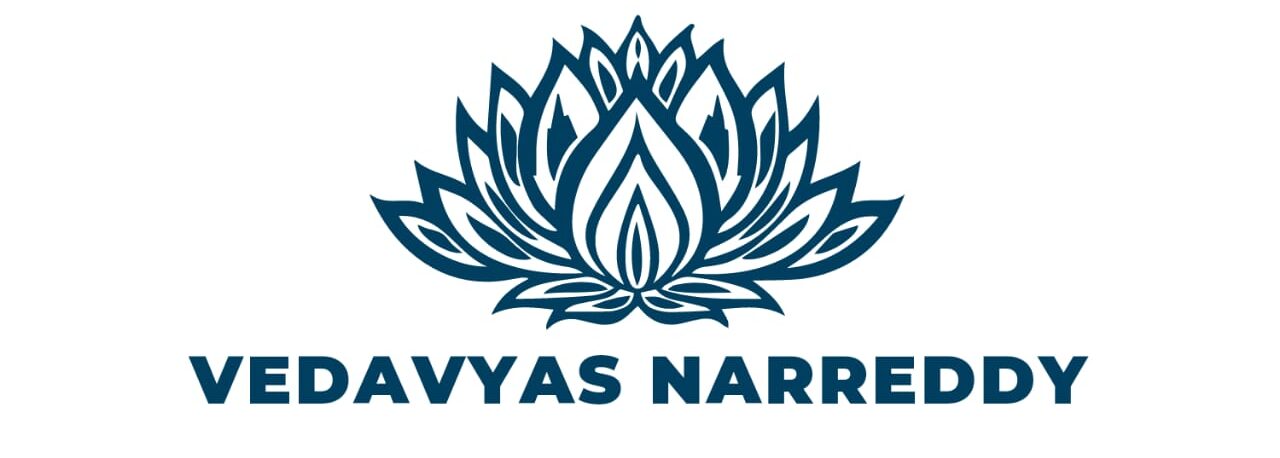Anu and Teju work at a corporate company. Recently in a training program, they were suggested to involve in any volunteering activity of their choice, to develop qualities such as emotional intelligence and teamwork. Both of them searched online for NGOs and social outreach programs that provide volunteering opportunities and registered for them. Anu really wanted to give the suggestion a try and began to involve well in her volunteering activity, while Teju didn’t give much importance to it and neglected it. Over the time, it so happened that Anu fell so much in love with the volunteering that she began to neglect even her office and family activities and began to spend a lot of time in the volunteering work. And Teju hasn’t involved in any volunteering activity and it has been observed through her behavior in office that she has not yet started to become a team player. In their next interaction with their Team Lead, who is known to be a movie buff, he suggested them both to watch the movie “Coach Carter”!
Coach Carter is a really good movie, based on the true story of coach Ken Carter, who came into the headlines for suspending his high-performing high school basketball team as they were not doing well in their academics. Watch the movie trailer here and do watch the movie also (I think it’s available on Netflix). Here is a short conversation from the movie, which I think represents the crux of the movie:
School Principle : … for some of these kids, this basketball season will be the highlight of their lives.
Coach Carter : Well, I think that’s the problem. Don’t you?

The point here is about having a long-term approach instead of getting stuck with a limited short-term view that can hinder your overall growth. The above fictional example of Anu and Teju involves the volunteering part, but actually, the point is not about volunterring. It’s about whether whatever they are doing is helping them grow the way they actually want to grow. There are many wonderful people who have given up their jobs and have completely devoted themselves to a selfless work that inspired them. There are also many incredible people who are not into any service or volunteering activity but their job itself is a way of expressing their true potential and creating something that’s meaningful and valuable. The focus here is not about whether something is good or not, but about choosing consciously the path that helps you live life to the fullest, not only in the short run but also in the long run.
As suggested by the Team Lead, Anu and Teju watched the Coach Carter movie and they understood why he suggested so. Anu retrospected the whole situation and took some time to understand what she really wants. She wants to grow as an effective professional and a devoted family member. And the volunteering activity helped her develop many wonderful qualities and helped her grow in that direction, but at the same time, she could see that she kind of became addicted to it and it started to affect her other areas of life. She actually wanted to involve her family members and colleagues also in the volunteering activity, but if she continues the same way she has been recently – she would gradually become a bad example, and even the ones around her who are interested to join volunteering may not get into it. On the other hand, Teju began to understand that she has not been doing something that’s essential for her overall growth. She has only been focusing on meeting her deadlines and getting her paycheck, neglecting her physical, psychological, emotional and spiritual growth. This may seem ok in the short run, but if she continues the same way, it is going to be a disaster in the long run. So both Anu and Teju decided to take Coach Carter’s advice on having a long-term approach and involve in the volunteering activity in a way that effectively enables them to grow.
Applying the Leadership Lessons from Coach Carter :
Here are some effective ways to check where you are stuck in the limited short-term view and to refocus on the long-term path. It is even more important for a leader to make use of tools like these because the way a leader is natually influences the whole situation:
- Zero Based Thinking: Many times we continue to do certain things in life just because we have already started them or got into certain habits, even if they are not required for us now. It is said that “Good is the enemy of Great”, and I think it’s true. Just because something worked for you previously, or just because it is good enough – it doesn’t mean that you need to go along with it forever. Brian Tracy suggests applying a wonderful method called Zero Based Thinking to all areas of life. He says to ask ourselves continually, “If I were not doing this already, knowing what I now know, would I start doing it again today?” If the answer is NO, then it’s time to abandon/procrastinate those things.
- The Power of Pause: Many times we know that something is not useful but we still tend to go towards it. These tendencies are called Vasanas in Indian culture and referred to as Shenpa in Tibetan culture. One simple yet effective way to loosen the grip of these tendencies to give a pause. Whenever you feel compulsiveness towards something, such as obsession to check your messages on mobile or impulsiveness to tell something to someone, just give a pause, maybe for a few seconds or minutes, and then do the necessary activity. A variety of tools such breath awareness, counting numbers, chanting, listening to music, going out for a walk, etc can be employed to give generate the pause. Whichever way you do it, this simple solution can remove unnecessary clutter in your life and greatly transform the way you lead and experience life.
- Openness to Feedback: Whenever we go off the track, we generally get feedback from our environment – from family members, colleagues, etc. Just being open to the feedback itself helps us to stay on track towards our long-term growth. Please see that the word used is “openness” to feedback, but not something like “do whatever others say”. Being open to feedback doesn’t mean giving away your responsibility and freedom to choose, but about accepting the fact that we don’t know everything and that we can be wrong, and realizing that receiving guidance and insights from others is an intelligent way to live.
All the very best!
